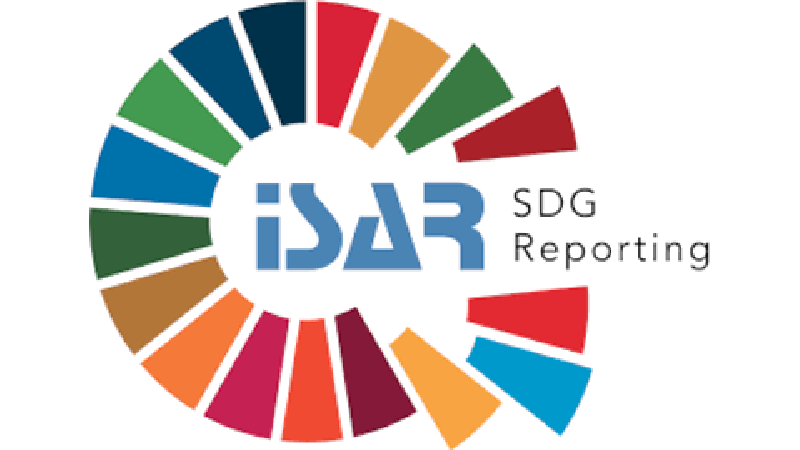Who We Are
ISAR is a Standing Intergovernmental Working Group of Experts on International Standards of Accounting and Reporting created by ECOSOC in 1983 and coordinated by UNCTAD. It holds its annual sessions in Geneva to address emerging issues in enterprise accounting and reporting.
What We Do
ISAR’s mandate is to assist member States to improving quality and international comparability of financial reporting and non-financial disclosure, such as environmental issues, corporate governance and corporate social responsibility.
Why Us
ISAR is a UN global forum of policy-makers, regulators, standard-setters and lead experts in the area of enterprise accounting and reporting. Its mission is to facilitate investment, development and economic stability by promoting good practices in corporate transparency and accounting through policy frameworks and guiding tools.
News
Contact

Accounting and Corporate Governance Section
Division on Investment and Enterprise
UNCTAD
Palais des Nations
8-14, Avenue de la Paix 1211 – Geneva 10
Switzerland
F: +41 22 917 0122
E: isar@unctad.org













